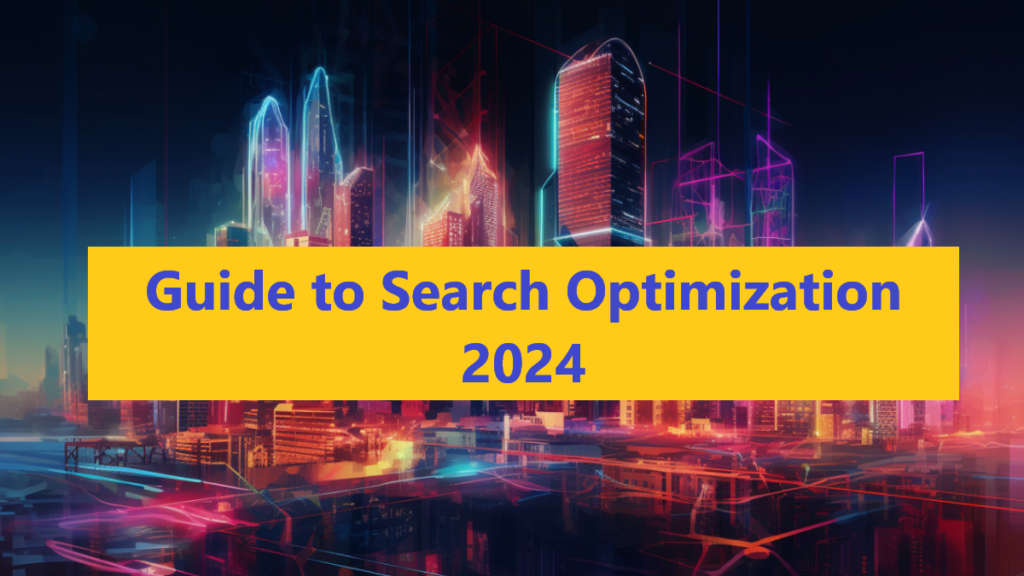In the ever-evolving landscape of the internet, mastering SEO is crucial for bloggers looking to enhance their online presence. Whether you’re a novice or an experienced blogger, understanding the intricacies of search engine optimization can significantly impact your website’s visibility and success.
Introduction to SEO
Search Engine Optimization, or SEO, is the practice of optimizing your website to increase its visibility on search engine result pages (SERPs). It involves various techniques and strategies aimed at making your content more appealing to search engines like Google, Bing, and Yahoo.
Understanding Search Engines

How Search Engines Work
Search engines operate through complex algorithms that analyze and rank websites based on various factors. Understanding these algorithms is key to optimizing your content effectively.
Popular Search Engines
Google is the most widely used search engine, but others like Bing and Yahoo also play significant roles. Each has its unique algorithms, emphasizing the need for a diversified SEO strategy.
Keyword Research

Significance of Keywords
Keywords are the foundation of SEO. They are the terms users input into search engines. Effective keyword research helps you identify the terms relevant to your content.
Tools for Effective Keyword Research
Utilize tools like Google Keyword Planner, SEMrush, and Ahrefs to identify high-performing keywords relevant to your niche.
On-Page SEO
Optimizing Title Tags
The title tag is a critical on-page SEO element. Craft compelling titles that include relevant keywords to attract both search engines and users.
Meta Descriptions and Their Impact
Meta descriptions provide a brief overview of your content. Craft engaging meta descriptions that encourage users to click through to your website.
URL Structure Optimization
Ensure your URLs are concise and include relevant keywords. A well-optimized URL structure contributes to better search engine rankings.
Content Optimization
Creating High-Quality Content
Quality content is the backbone of successful SEO. Produce informative, engaging, and unique content that addresses the needs of your audience.
The Role of Multimedia in SEO
Incorporate images, videos, and infographics in your content. Multimedia enhances user experience and can lead to higher rankings.
Formatting for Readability
Use headings, bullet points, and short paragraphs to make your content easy to read. A well-formatted page is more likely to retain visitors.
Technical SEO
Crawling and Indexing
Ensure search engines can crawl and index your site effectively. Use tools like Google Search Console to identify and fix crawling issues.
Mobile Responsiveness
With the increasing use of mobile devices, ensure your website is mobile-friendly. Google prioritizes mobile-responsive sites in its rankings.
Website Speed Optimization
A fast-loading website improves user experience and positively influences search engine rankings. Compress images and leverage browser caching for optimal speed.
Link Building Strategies
Importance of Backlinks
Backlinks from reputable sites signal to search engines that your content is valuable. Focus on building high-quality backlinks.
Quality vs. Quantity
Prioritize quality over quantity when it comes to backlinks. A few authoritative backlinks can have a more significant impact than numerous low-quality ones.
Guest Posting and Outreach
Collaborate with other bloggers and websites through guest posting and outreach. This not only builds backlinks but also expands your network.
Local SEO
Optimizing for Local Searches
If your blog targets a local audience, optimize it for local searches. Include location-specific keywords and claim your Google My Business listing.
Google My Business Optimization
Claiming and optimizing your Google My Business listing helps your blog appear in local search results. Ensure your information is accurate and up-to-date.
Social Media and SEO
Impact of Social Signals
Social signals, such as likes, shares, and comments, can indirectly influence search engine rankings. Be active on social media to boost your blog’s visibility.
Integrating Social Media in Your Strategy
Share your blog posts on social media platforms. Encourage followers to share, creating a ripple effect that can enhance your content’s reach.
Measuring SEO Success
Key Performance Indicators (KPIs)
Monitor key performance indicators like organic traffic, keyword rankings, and conversion rates to assess the success of your SEO efforts.
Tools for Analyzing SEO Performance
Utilize tools like Google Analytics, Moz, and Ahrefs to analyze and interpret SEO data. Regularly assess your strategy and make adjustments based on performance metrics.
Algorithm Updates
Staying Informed
Search engine algorithms frequently evolve. Stay informed about updates from major search engines to adapt your strategy accordingly.
Adapting to Changes
When algorithm updates occur, assess their impact on your rankings. Adapt your SEO strategy to align with the latest guidelines.
SEO Best Practices
White Hat vs. Black Hat SEO
Stick to ethical SEO practices (White Hat) to build a sustainable online presence. Avoid shortcuts and tactics that violate search engine guidelines (Black Hat).
Common SEO Mistakes to Avoid
Learn from common SEO mistakes, such as keyword stuffing, poor website structure, and neglecting mobile optimization. Avoiding these pitfalls enhances your SEO effectiveness.
Voice Search Optimization
Rise of Voice Search
With the prevalence of voice-activated devices, optimize your content for voice search queries to stay ahead in the SEO game.
Optimizing for Voice Queries
Structure your content to answer natural language queries concisely. Use conversational language and consider the questions users might ask.
International SEO
Expanding Your Reach
If your target audience spans multiple regions, consider international SEO. Optimize content for different languages and cultures.
Considerations for Multilingual Websites
Translate content accurately and consider cultural nuances when creating multilingual websites. This ensures relevance and appeal to diverse audiences.
Future Trends in SEO
Artificial Intelligence in Search
Anticipate the integration of artificial intelligence in search algorithms. Stay ahead by understanding and leveraging AI tools for SEO.
User Experience as a Ranking Factor
User experience is becoming a prominent ranking factor. Prioritize a seamless and enjoyable user experience to enhance your SEO efforts.
Mastering SEO is an ongoing journey that requires adaptability and a deep understanding of the evolving digital landscape. By implementing the strategies outlined in this comprehensive guide, you’ll be well-equipped to navigate the complexities of search optimization and elevate your blog’s visibility.
FAQs
- How long does it take to see results from SEO efforts?
- SEO results vary, but noticeable improvements can take several weeks to months.
- Are all SEO tools free to use?
- While some SEO tools offer free versions, many advanced features may require a subscription.
- Is social media essential for SEO success?
- Social media can indirectly impact SEO by boosting visibility and driving traffic.
- What is the significance of mobile responsiveness in SEO?
- Mobile responsiveness is crucial, as Google prioritizes mobile-friendly sites in rankings.
- How often should I update my content for SEO purposes?
- Regularly update and refresh your content to stay relevant and maintain SEO effectiveness.










